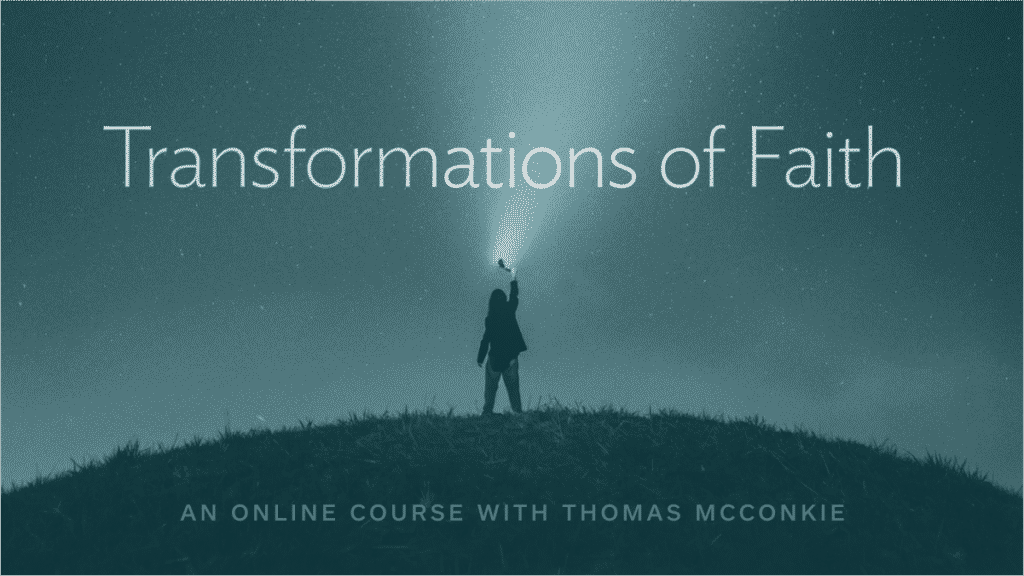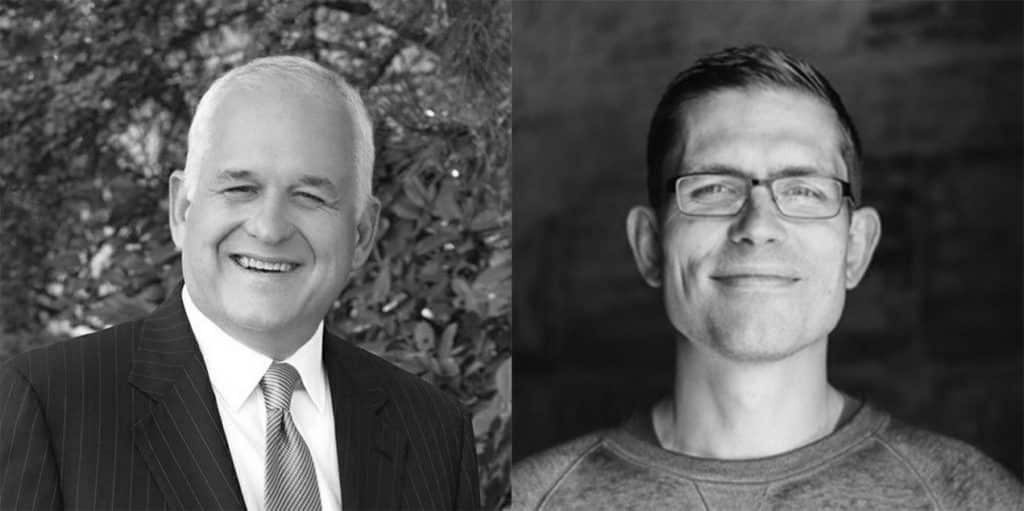Tom Christofferson and Jacob Hess
Two friends began a conversation with a simple question: how do you understand identity? The context was specifically with regard to identifying as lesbian, gay, bisexual, transgender or queer.
Both of us consider our most valued identity to be aspiring disciples of Jesus Christ; and yet, because we see this sexual and gender identity question so differently, the conversation – spanning phone calls, lunches, emails and texts over a period of months – became a rich opportunity for understanding. We left the discussion with greater insight into each other’s thinking, along with clarity about our own deeply held convictions.
Because we were learning so much (and having some fun along the way), we decided to document the conversation in three parts:
Part II. Does God want us to accept each other completely – just as we are?
We hope sharing the details of this longer exchange can be helpful – even hopeful – to those with special interest in this topic area, as well as those concerned about the increasing inability of Americans to seek understanding and bridge divides in our day on virtually all the major issues facing society. We also hope this illustrates how those aspiring to be disciples of Jesus Christ can have different perspectives on important questions, while still being united in their desire for greater faith and further light and knowledge.
As we hope to demonstrate, we can do this! We really can. But what’s really the point? Does this really change anyone’s mind? If not, why do it?
Although it’s rare someone completely changes their view, that’s not really the point of dialogue. It is common (as we experienced) to learn a lot about what others think – and even what we think. And other changes happen in our hearts and ability to stay respectful across disagreement. As we were wrapping up, we asked one another to identify three things we think most people don’t understand about the ways we view identity.
Jacob:
- We disagree about identity in some really profound ways. Although you would think this would be obvious, it’s really not–partly because so many people insist that identity itself is a given and major disagreements therefore shouldn’t really exist.
- It shouldn’t be as much of a problem to disagree about identity as we sometimes think. Where some of the different perspectives around identity show up, it’s most common to still hear them cast as a serious problem – reflecting hate, or bigotry, or lack of acceptance, compassion, faith, love, etc. Of course, what we decide about identity does matter–in both personal and arguably eternal ways. Instead of making space to explore these crucial differences, however, when we turn their existence into an inherent offense or an automatic problem, we’ve complicated the very conversation that feels so important to have, all of which makes it harder to explore the various consequences of this decision (how we identify) in our own lives.
- Significant problems arise when the previous two points are ignored. Once we assume that identity disagreements are problematic and that identity itself shouldn’t even really be an issue of disagreement in the first place (“it’s just natural…it’s just obvious…”), I believe we’re forced into a conversation that causes deep pain. Inadvertent pain, yes. And hidden pain (often showing up only over time)…but substantial pain nonetheless. Why? Because people end up making consequential choices without the benefit of fully fleshing out their decision in a conversation where all sides are being fairly heard. Which is exactly where we seem to be on this important issue in America – and many other questions like it.
Tom:
- One of the most powerful messages of the Restoration is that we are agents to act, not to be acted upon – and that the power is in us, we need not to be compelled in all things. I believe one way we act on that belief is by according others the respect of allowing them to tell us what it feels like to be them, how they perceive themselves and the world about them. That’s why I believe we do not need to fear the words an individual chooses (e.g. gay, lesbian, etc.), and we certainly need not prescribe or proscribe their word choices, because of our overriding faith in their ability to freely choose how they will follow Christ.
- If we, as members of the Church, act differently in the future than we have in the past, we have reason to hope that we will see different results. If we see that most young people leave the Church within a few years of declaring themselves to be gay, lesbian, bisexual, transgender or queer, then it is at least as reasonable to look at what we can do differently to create a more accepting, nurturing environment in the Church, ensuring there is a place for everyone in our worship services, as it is to assume specific language will always determine specific responses. As one quick example: women who worked outside the home were often called to repentance by other congregants when I was young; we’re not perfect now but that certainly happens much less frequently, and my sense is that most young women do not automatically assume they would imperil their standing in a ward if they pursue a professional career.
- Let’s be willing to say there’s a lot we neither know nor understand about the next life. Let us then allow others grace to have their own ideas or hopes, and ensure an environment where we welcome others to join us in seeking to learn all the Lord will teach, in His time and in His way, to keep our hearts and minds open to whatever He will choose to reveal.
If you’d like to see more how we arrived at these conclusions – and different ways we disagreed and explored these differences along the way – check out the full exchange in the links above. We hope it will be helpful and encouraging to those who listen in.



